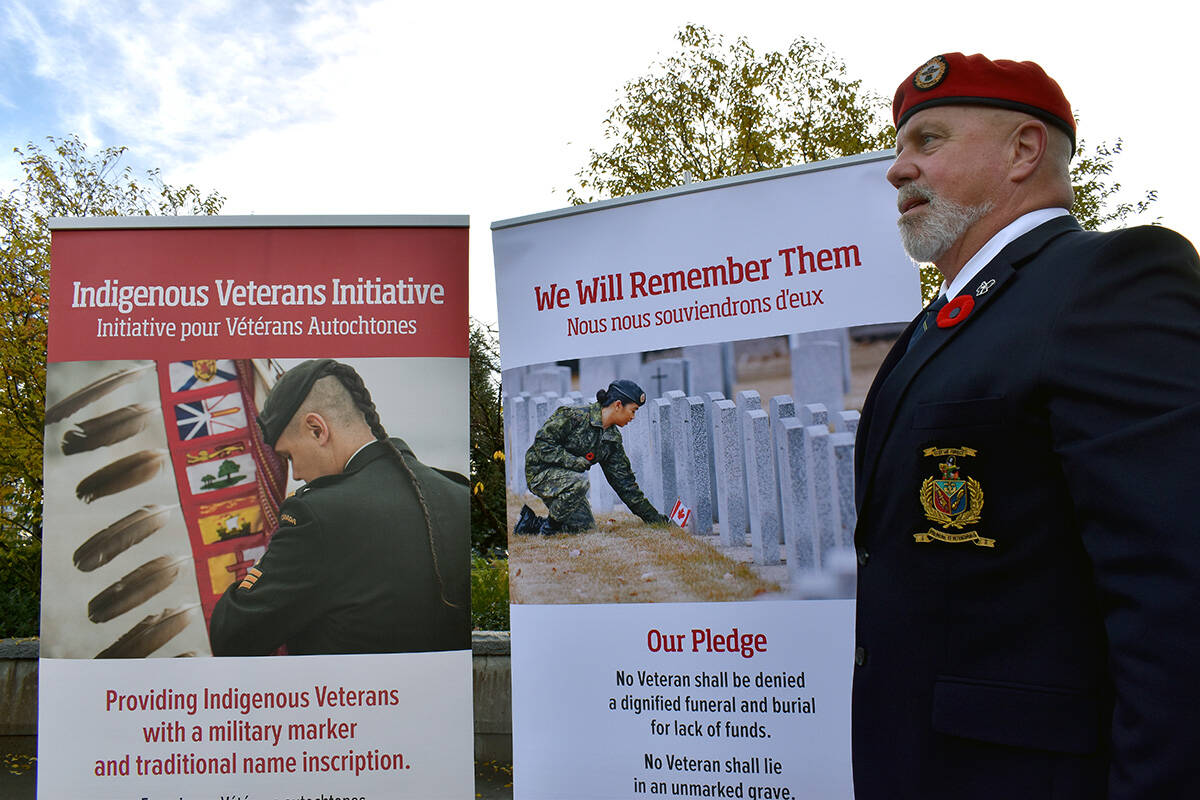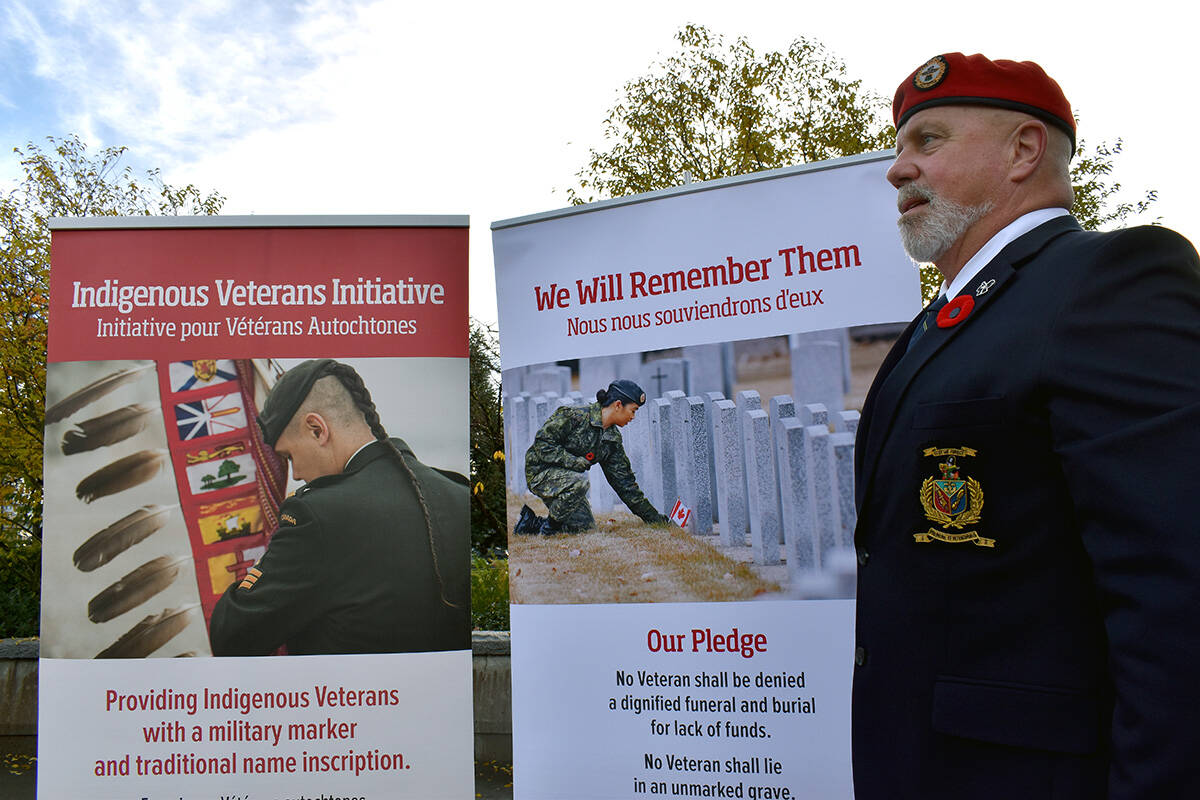Every veteran who has died deserves a marked grave.
That’s the one simple objective behind the Last Post Fund’s Unmarked Grave Program. Since 1996, they have identified 7,000 unmarked Commonwealth veterans’ graves and given them a permanent headstone or marker.
But finding these grave sites is anything but simple. They rely on information from the public to locate the sites. Families and friends of veterans are able to apply for a headstone or marker on their behalf, to get the process started.
That information will go to Glenn Smith, an Abbotsford veteran who has taken the role of coordinator for the Unmarked Grave Program in B.C.
“In many circumstances, when a veteran passes away, either they or their family did not have the financial means to purchase a marker,” he explains. “As a result, I rely on British Columbians across the Province to provide me with leads to follow up, which I do with fervour.”
Smith’s own interest in genealogy, plus his career in federal government law enforcement and a military MP, makes the program a natural fit for him.
He has identified thousands of his own ancestors while researching his own family history, including several connections to the United Empire Loyalists.
READ MORE: Flag won’t be hoisted to be lowered again for Remembrance Day unless Trudeau wants
He started researching unmarked graves and discovered the Last Post Fund for the first time near the end of 2020. This February, they asked him to coordinate the B.C. branch of the Unmarked Grave Program.
He’s hoping to get the message out across the province that there is a way to honour all veterans.
The program is for veterans whose grave has not had a permanent headstone or foot marker for five years or more, and who have not previously received funeral and burial funding from the Last Post Fund or Veterans Affairs Canada.
There is also a fairly new initiative to identify gravestones of Indigenous veterans. The Indigenous Veterans Program (IVI) was introduced in 2019 and is “consistent with the Canadian government’s efforts towards advancing reconciliation and renewing the relationship with the Indigenous peoples based on the recognition of rights, respect, cooperation and partnership.”
There were thousands of Indigenous veterans who served the Commonwealth and many of them lie in unmarked graves, Smith says.
The headstones and markers used by the program for Indigenous veterans have culturally appropriate Indigenous symbols as requested, with a traditional name engraved if desired.
They can also add a traditional Indigenous name to an existing headstone or marker.
Finally, Smith says, they are always looking for volunteers who are interested in researching grave sites and helping the program.
They will go into cemeteries and look for unmarked graves, he says, with the resources and tools provided by the Last Post Fund.
“The more people out there looking for these unmarked graves the better,” Smith says. “Let’s get these veterans the respect they deserve.”
Anyone who is interested in any aspects of the program can email Glenn Smith at smithglenn039@gmail.com, and can learn more about the program by visiting lastpostfund.ca.
READ MORE: B.C. teen writes, records rap to bring Remembrance Day to forefront for youth
@CHWKcommunity
jessica.peters@hopestandard.com
Like us on Facebook and follow us on Twitter.
Want to support local journalism during the pandemic? Make a donation here.
abbotsfordRemembrance DayVeterans


